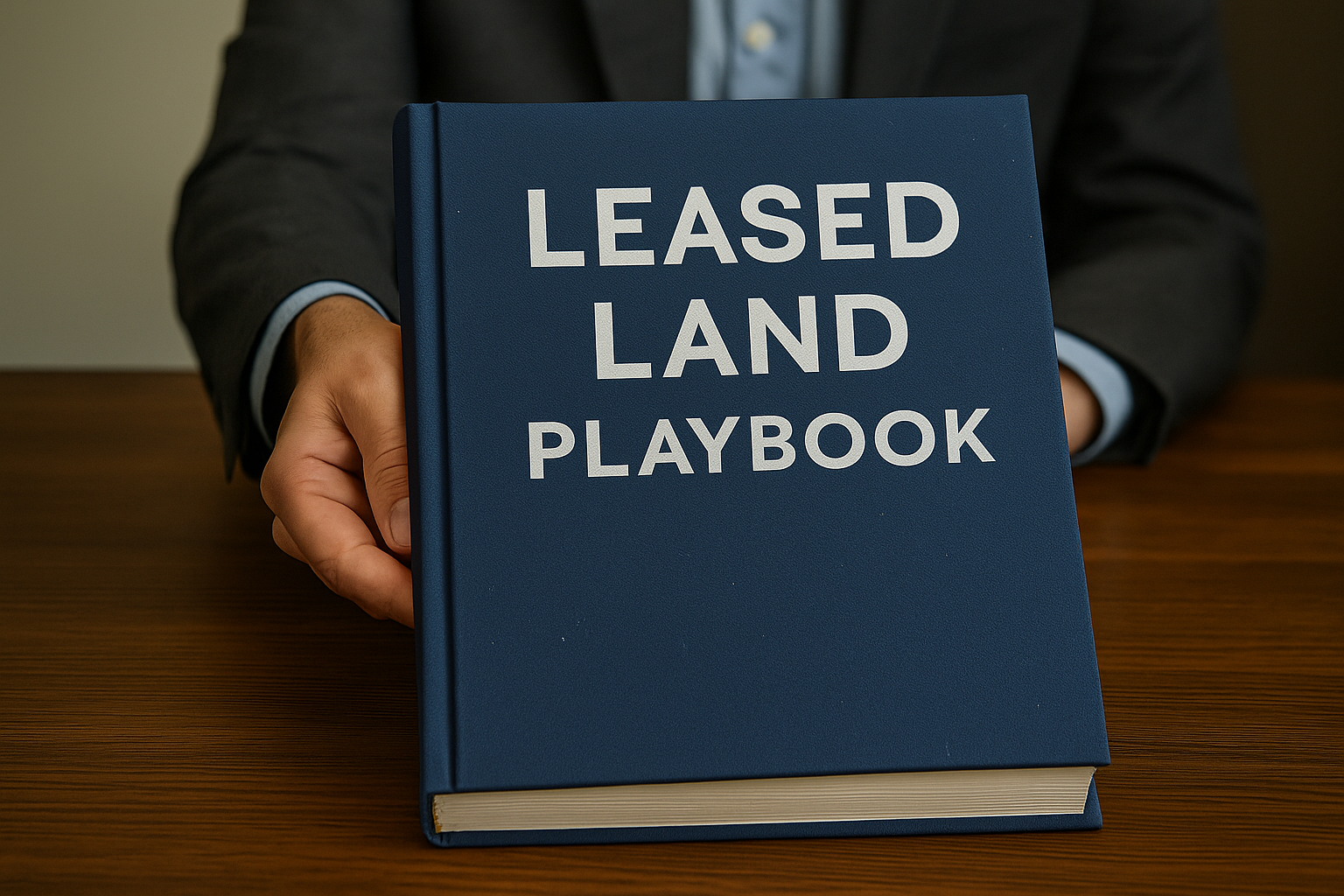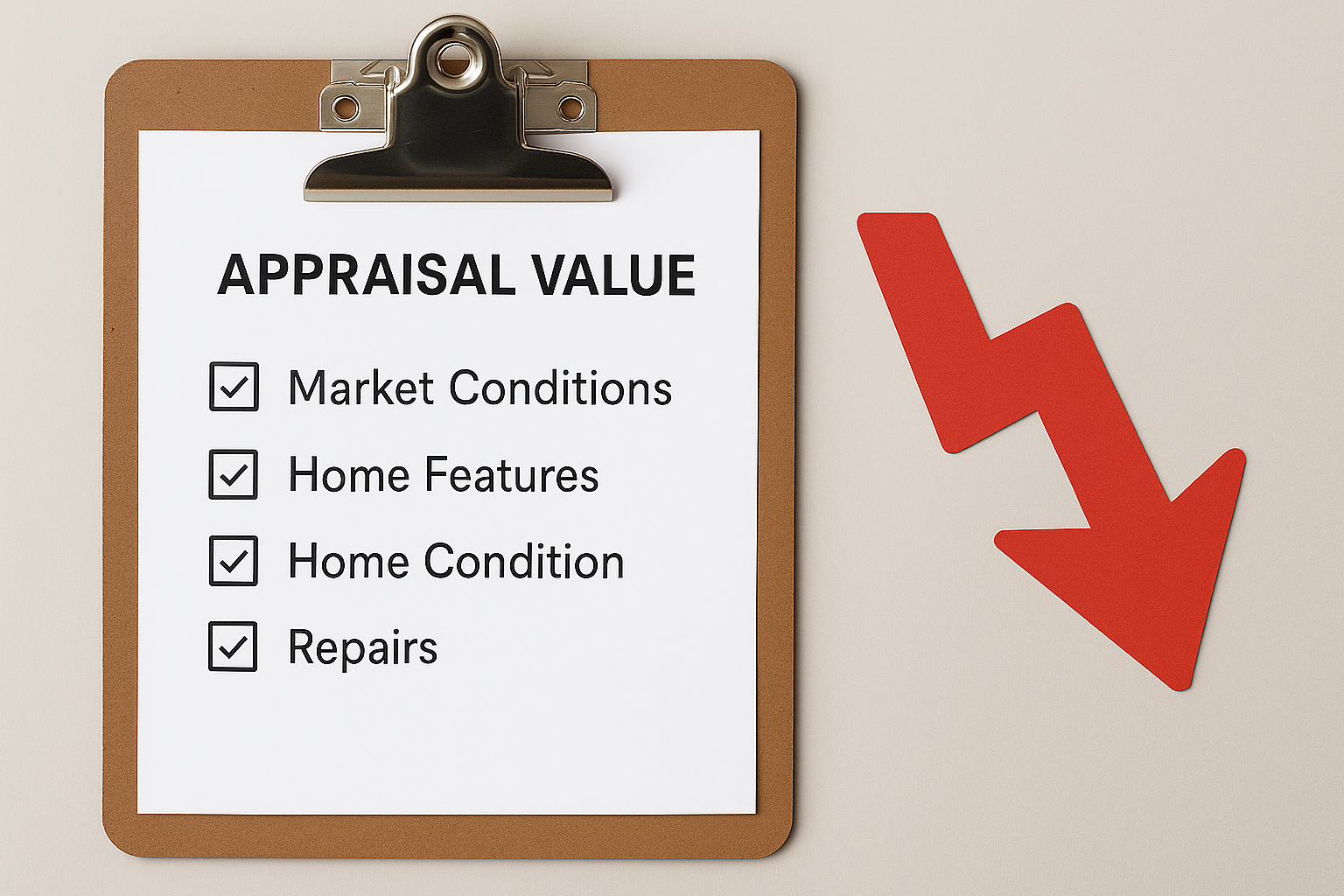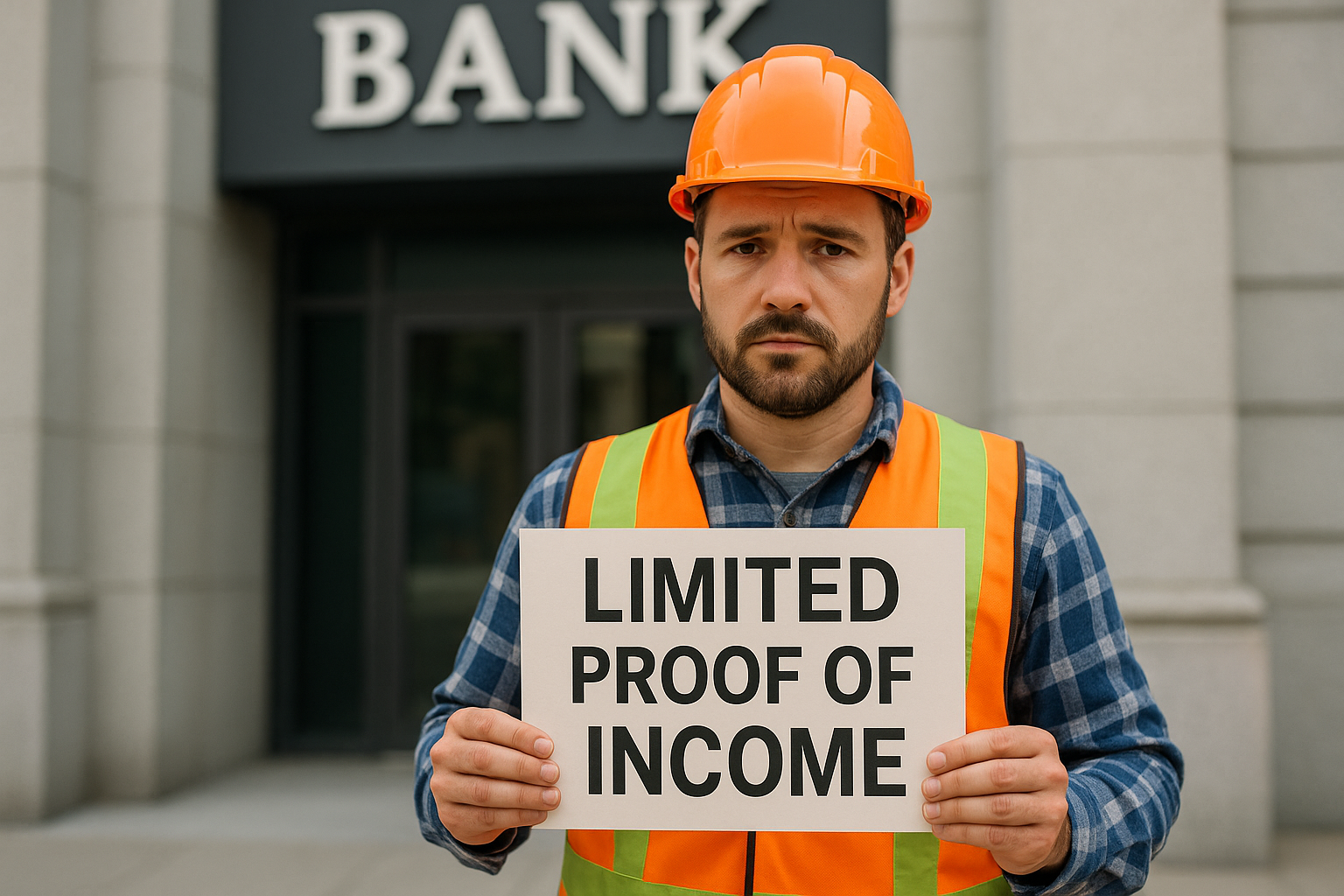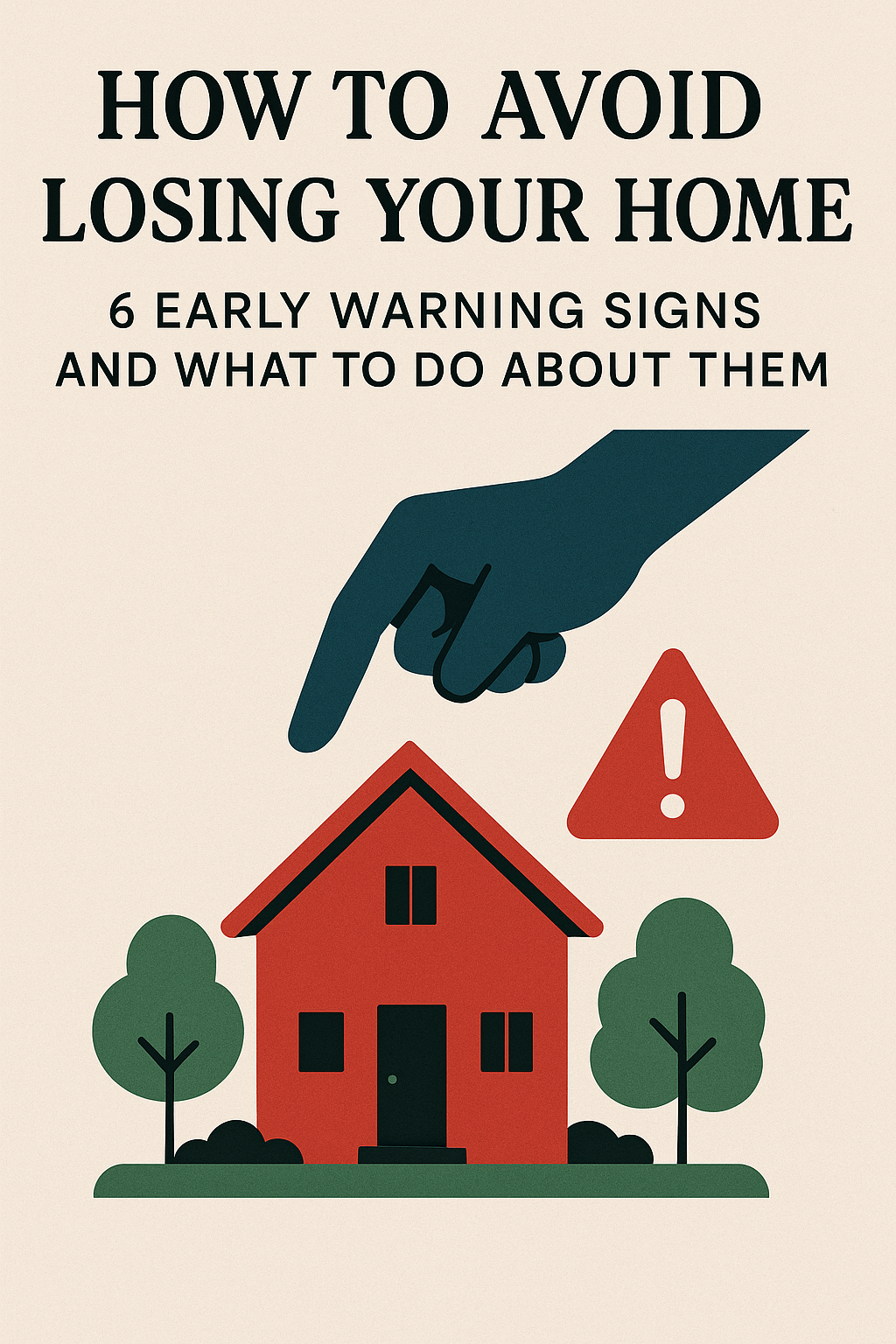Table of Contents
ToggleTax Sale: A Guide On What Happens In Canada
Property taxes can often be overlooked but receiving a notice from your municipality (city) about a large past-due amount can be a shock. But what happens when your property is at risk of being sold to cover these taxes? Unfortunately, it’s a reality many Canadian homeowners face. If you’re in this situation, you’re not alone. Hundreds of properties in Canada go into tax sale every year due to unpaid property taxes.
If you’ve received a notice that your home is facing a tax sale, it’s crucial to act fast. In many cases, waiting too long can result in your home being sold, and the consequences can be irreversible. Let’s dive into what happens when your property goes into tax sale, and more importantly, what you can do to prevent it from happening.
How Does A Property Tax Sale Work in Canada?
A property tax sale is a process your local municipality or town will use to recover unpaid property taxes by selling the property in question. When a homeowner fails to pay their property taxes for an extended period, the city or town can place a lien on the home. This lien gives the government the legal right to sell the property to recover the amount owed.
After a lien is placed, the municipality typically gives the homeowner a final deadline to pay the taxes. If the taxes remain unpaid by this deadline, the property is listed for public sale, often at auction. During the sale, the highest bidder purchases the property, usually at a price lower than its market value, which can lead to significant financial losses for the homeowner.
How Long Can Property Taxes Go Unpaid in Ontario?
In the province of Ontario, property taxes can generally go unpaid for as much as ‘3’ years before the municipality takes legal action against you. However; this is not advice to wait until the last minute to address any unpaid taxes.
The three-year grace period is when most municipalities will start sending notices, warning you that your property is at risk of being sold. After this period, the municipality can register a “tax arrears certificate” on the property title, which means the clock starts ticking. Once this certificate is filed, you have one year to settle the unpaid taxes, interest, and penalties, or your home could be listed for tax sale.
What Are Tax Sales in Ontario?
In Ontario, a tax sale happens after the one-year period following the tax arrears certificate. At this point, the municipality has the legal right to sell your property to recover the property taxes owed. The property is typically listed for sale, often by public auction or through a tendering process.
Once the sale is finalized, the municipality uses the proceeds to pay off your unpaid taxes, interest, and any additional costs associated with the sale. If there’s any money left over after the taxes are paid, the homeowner might be entitled to the remaining balance. However, the sad reality is that most properties are sold below market value, and homeowners can lose a significant portion of their equity. Its important to consult the right legal and mortgage professionals to better understand your rights.
Apply For Property Tax Assistance
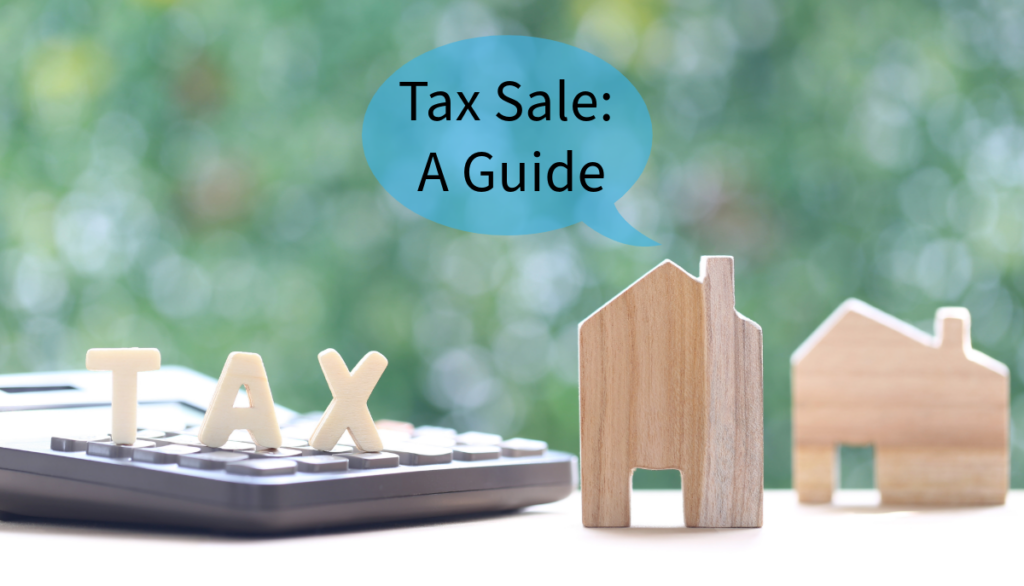
Remedies to Stop A Tax Sale
If you’re facing a property tax sale, there may be solutions to stop it.
Here are some options:
1. Refinancing Your Mortgage
Refinancing is one of the most common ways to stop a tax sale. When you refinance your mortgage, you replace your current loan with a new one. This new mortgage can be used to pay off your property tax debt, stopping the tax sale process. The key advantage of refinancing is that it allows you to spread your payments over a longer period, making it easier to manage your finances.
2. Home Equity Line of Credit (HELOC)
A HELOC allows you to borrow against the equity you’ve built in your home. This option gives you access to a revolving line of credit, which you can use to pay off your overdue property taxes. Unlike refinancing, a HELOC works like a credit card—you borrow only what you need when you need it. It’s a flexible solution that allows you to tackle property tax debts without completely restructuring your mortgage and paying a penalty.
3. Home Equity Loan
A home equity loan provides a lump sum of money based on the equity in your home. It’s different from a HELOC because it’s a fixed loan and term, meaning you’ll have a set monthly payment. You can use the funds from this loan to pay off your property tax debt and stop the tax sale. A home equity loan might be a good option if you’re dealing with a large amount of overdue taxes, you need a quick solution and want to lock in a stable repayment plan.
The Best Possible Way to Handle A Tax Sale in Canada
The best way to handle a potential tax sale is to act early. Waiting until the last minute not only reduces the timeframe to rectify the situation but can increase the chances of losing your home. As soon as you receive notice from your city regarding unpaid property taxes, treat it with urgency and start exploring your options right away.
Talk to a mortgage broker, lawyer or financial advisor to understand what solutions are available. In many cases, refinancing your mortgage or tapping into your home’s equity can resolve the issue before it escalates. Additionally, ensure that you have a financial plan in place to stay current on your property taxes moving forward, preventing future issues. Take a look at your budget to factor the property taxes into them every month or contact your existing mortgage lender to see if they will pay them on your behalf going forward.
Remember, once your home is listed for tax sale, stopping the process becomes significantly harder. Being proactive is your best defence.
Facing a property tax sale can be stressful, but it’s not the end of the road. By understanding the process and exploring your options early, you can take control and avoid losing your home. Stay informed, act quickly, and get professional help when needed to navigate these tough situations. The team at LendToday has been assisting homeowners for years to navigate the challenges of past-due property taxes or facing the threat of a tax lien.
- Low Appraisals: Steps Canadian Homeowners Can Take - June 27, 2025
- What Loan Does Not Require Proof of Income in Canada in 2025 - June 23, 2025
- How to Avoid Losing Your Home: 6 Early Warning Signs and What to Do About Them - June 20, 2025

